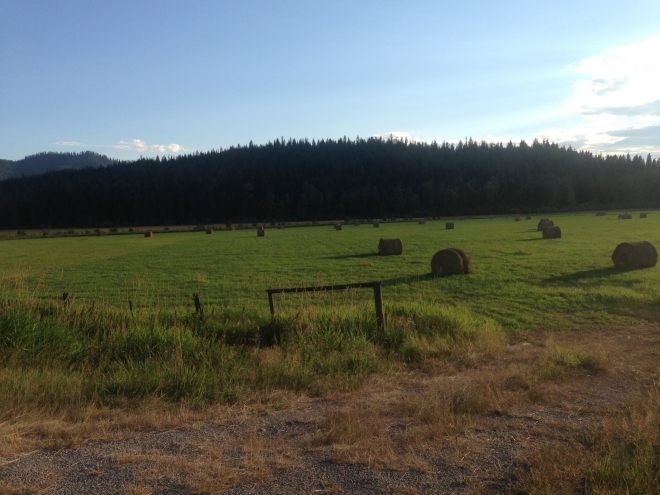
Mindfulness
Consumption
Thich Nhat Hanh makes the simple, powerful assertion that we don’t just nourish ourselves using our mouths to consume food, but also consume information from our environments with all of our senses. We consume the conversations going on around us, the images we see on television, the things we read, and the music we hear on the radio, for example.
When we consume unhealthy or poisonous foods obviously our bodies are going to suffer. We might become overweight, get sick, or die. Everyone knows this. When we consume healthy foods our bodies flourish, we have more energy, and we are better protected from deterioration. Everyone knows this too. The psyche is the same way. When we constantly consume negativity, violence, and anger our psyches suffer. When we constantly consume compassion, positivity, and love our psyches flourish.
We would like to expand on Hanh’s ideas by staying in the realm of food for a moment to ask a simple question. Why do so many people in the industrialized world continue to put the equivalent of garbage into their bodies every day when they know that doing so is bad for them and will lead to health problems? It’s remarkable when you stop think about it. In the age of information, anyone can google ‘healthy diet’ right now and get almost unlimited recommendations, tips, tricks, and easy recipes to start eating healthy today. It might cost a little more, although even that is debatable, especially considering the reduced healthcare costs over the lifespan, yet people keep consuming toxic, unhealthy foods, destroying their bodies and negatively affecting their quality of life.
I think the answer is actually pretty simple, and as we will see it transfers over to the psyche as well. It’s the pleasure of instant gratification, the difficulty of making changes in customary habits, and the secret belief that somehow the rules won’t apply to us, that we are immortal. Even when we know changing some aspect of our lives would be good for us it’s really hard to do. As a patient of Stephen Grosz once innocently said “I want to change, but not if it means changing” (Grosz, The Examined Life, Kindle Version Pos 55). As Irvin Yalom has pointed out, thinking about our mortality is like staring at the sun. It’s too painful to do for more than a few seconds. So instead of honest reflection we ignore the issue completely. “Yeah, but it’s not going to happen to me.” Foods that are bad for us usually taste really good. This is the instant gratification. Changing our diets and sticking to it takes hard work. And the change doesn’t even really seem necessary since we insulate ourselves from the reality of what these bad diets are doing to our health in the first place. It’s the perfect storm.
We can make the parallel argument for why many nourish themselves with violence, negativity, hostility, and apathy even though it is really bad for their psyches. Doing so can feel really good in the moment, and if this is a customary behavior pattern then breaking out of it takes hard work and dedication. Destruction is easier than creation. We feel powerful right away instead of having to wait for the benefits of positivity to start to sink in.
It’s easier to unload our anger and hostility onto someone else than to mindfully sit with our uncomfortable feelings. We feel a rush of excitement when we consume violent images, and when we make others suffer we secretly believe we are protecting ourselves from suffering. But the profound negative effects on our psyches are the same as the profound negative effects that unhealthy foods have on our bodies.
We will end with a quote from Thich Nhat Hanh that pretty much says it all. “When we say something that nourishes us and uplifts the people around us, we are feeding love and compassion. When we speak and act in a way that causes tension and anger, we are nourishing violence and suffering. We often ingest toxic communication from those around us and from what we watch and read. Are we ingesting things that grow our understanding and compassion? If so, that’s good food” (Thich Nhat Hanh, The Art Of Communication, Kindle Version Pos 30).




